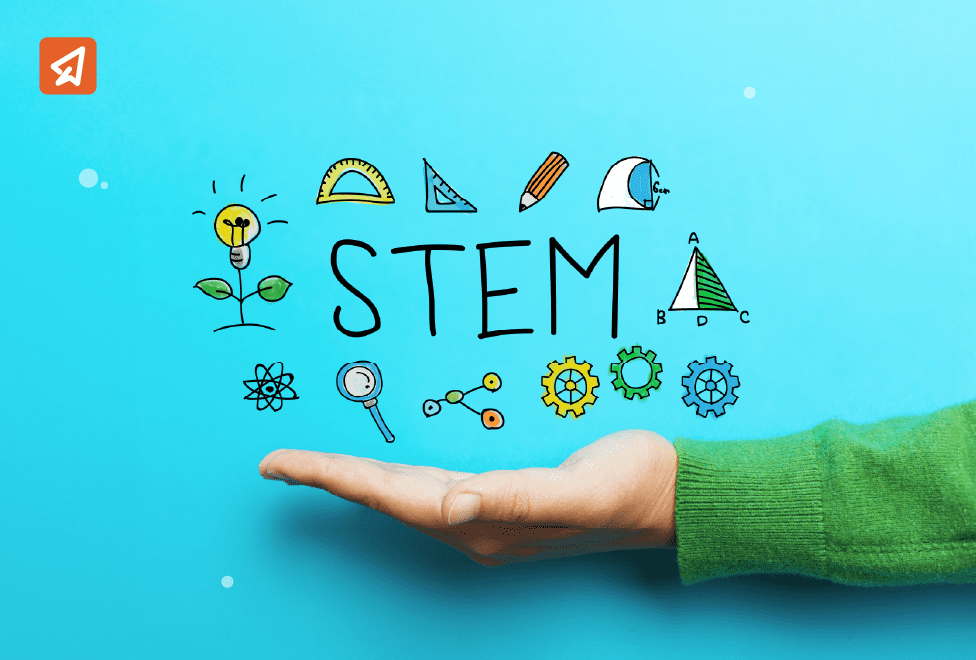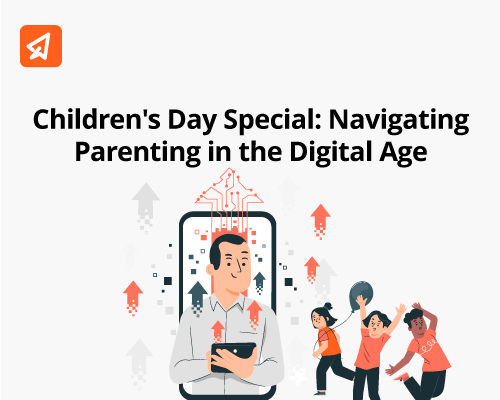Traditional Education vs Modern Education

Education has been traditional for a long time, focusing on memorisation and cultural values, which has been good for society. But things are changing. Modern education is about thinking critically, working together, and being good with technology, getting students ready for the fast-changing world. Let’s look at the differences between these two ways of teaching and how they affect learning.
What is Traditional Education?
Traditional education, also known as conventional education, is a long-standing teaching approach found in schools. It follows a structured classroom setup where teachers are the main source of knowledge. Students typically follow a fixed curriculum, focusing on memorizing facts and engaging in repetitive learning methods.
In the past, traditional education emphasised passing down societal values, manners, and customs to younger generations. Students learned about the traditions and norms of their society.
Usually, students sit in groups and listen to teachers sharing their knowledge. While written tests may not be common, oral assessments are often used.
This type of education tends to focus more on social development rather than practical aspects like science, technology, or current events.
It’s worth noting that traditional education methods have been associated with stricter elements that may not align with modern cultural norms in many societies.
What is Modern Education?
The current way we teach and learn, which has evolved from more traditional methods, is often called modern education. It focuses on using technology, working together, and giving personalised instruction to meet students’ different needs and interests. This approach understands the importance of giving students skills that are important in today’s fast-changing world, like knowing how to use digital tools, being adaptable, and being creative. Other names for modern education include progressive education and alternative education. Step into the future of education!
Extramarks Smart Class Plus
With Extramarks Smart Class Plus, you can upgrade your classrooms into cutting-edge modern learning spaces that inspire, engage, and empower students for success.
Click here to learn moreTraditional Education vs Modern Education: Key Differences
| Feature | Traditional Education | Modern Education |
|---|---|---|
| Focus | Rote learning, memorisation, cultural values, religious instruction | Critical thinking, problem-solving, skill development, global citizenship |
| Knowledge Imparted | Emphasis on core subjects (reading, writing, arithmetic), history, religion, and cultural knowledge | Science, technology, engineering, math (STEM) subjects, communication, collaboration, and 21st-century life skills |
| Teaching Methods | Teacher-centered lectures, rote memorisation, limited student interaction | Student-centered learning, interactive activities, project-based learning, technology integration |
| Curriculum | Standardized curriculum with little room for variation | Flexible curriculum that can be adapted to individual student needs and interests |
| Assessment | Standardized tests, emphasis on memorisation and recall | Formative and summative assessments, focus on understanding, application, and critical thinking |
| Learning Environment | Strict classroom setting, limited resources | Collaborative learning spaces, technology integration, access to a wider range of resources |
| Teacher Role | Strong foundation in core subjects, cultural awareness | Facilitator, coach, guide |
| Benefits | Strong foundation in core subjects, cultural awareness | Prepares students for the ever-changing world, fosters innovation and creativity |
| Drawbacks | Can be rigid and unaccommodating of individual learning styles, may not prepare students for real-world challenges | Overreliance on technology, potential for distraction, may not provide a strong foundation in core subjects |
How Extramarks Promotes Modern Education?
Extramarks offers students access to experienced educators, a well-rounded curriculum, and innovative teaching methods, all aimed at ensuring academic success. With carefully planned syllabus for each subject, students can expect a thorough learning experience. Known for its interactive digital resources, diverse curriculum options, and personalised attention, Extramarks is recognised as a leading educational platform in India. Extramarks achieves this through a variety of features, including:
-
-
Smart Class Plus
Through Extramarks Smart Class Plus, schools can upgrade their technology, bringing them in line with top educational institutions. This flagship product enhances learning by integrating advanced technology into classrooms.
-
Assessment Centre
The Assessment Centre is a platform to streamline assessment processes and improve educational outcomes.
-
School Integrated Program
With the School Integrated Program, Extramarks offers complete in-school classes for competitive exam preparation, such as JEE and NEET.
-
Extramarks Learning App
The Learning App gives students access to classroom lectures anytime, anywhere, along with curated practice questions and other features to enhance learning. To learn more, click here
-
Additionally, Extramarks promotes parent involvement by facilitating communication with the school and helps with simplifying school management processes.
Closing Thoughts
Traditional and modern education each have their upsides and downsides. Traditional methods teach important basics, while modern ones encourage hands-on learning. The best approach might be a mix of both, giving students a strong foundation and the skills to succeed in today’s world.
Last Updated on November 11, 2024
Reviewed by

Priya Kapoor | AVP - Academics
Priya Kapoor is an accomplished education professional with over 18 years of experience across diverse fields, including eLearning, digital and print publishing, instructional design, and content strategy. As the AVP – Academics at Extramarks, she leads academic teams in creating tailored educational solutions, ensuring alignment with varied curricula across national and international platforms...read more.









